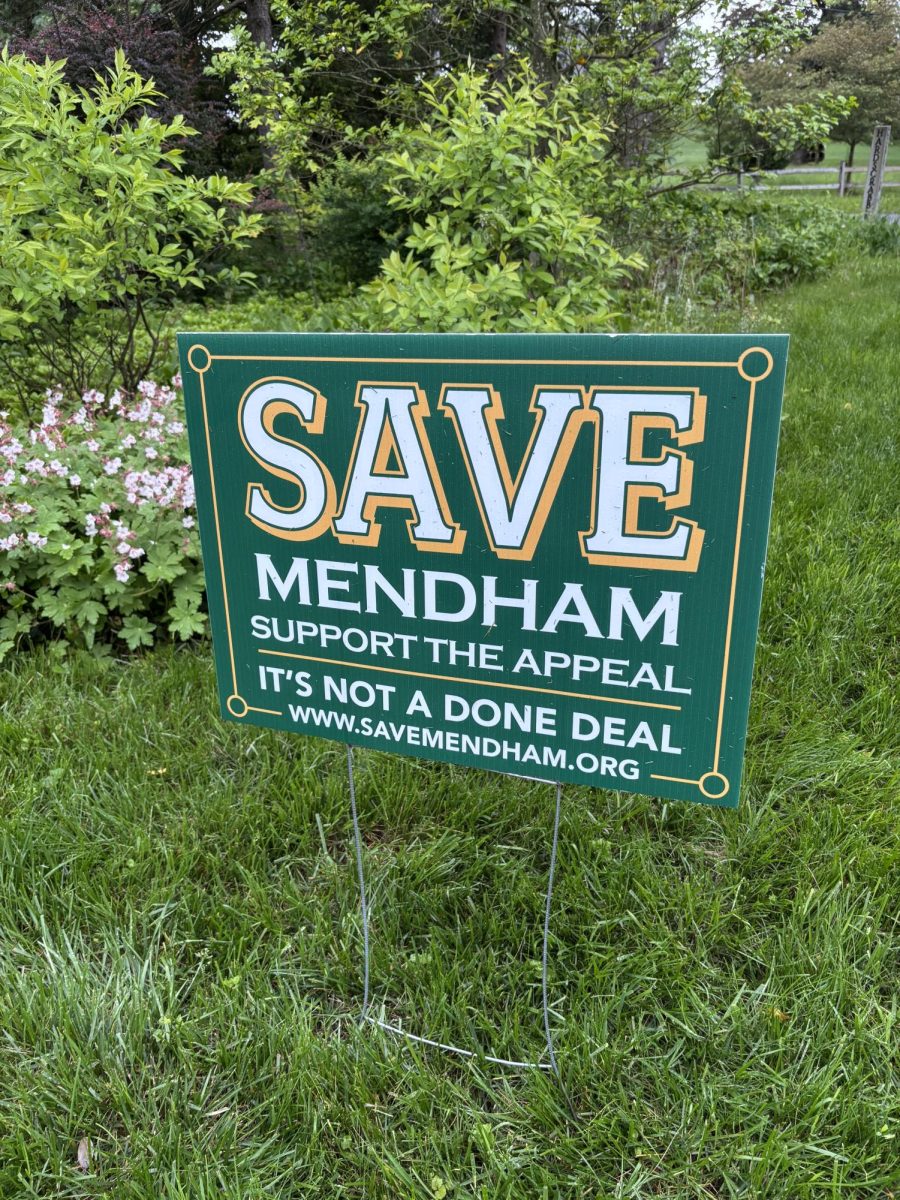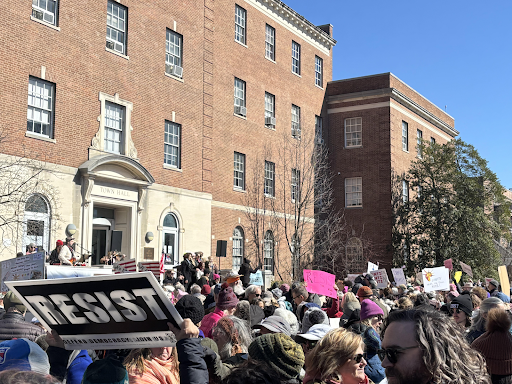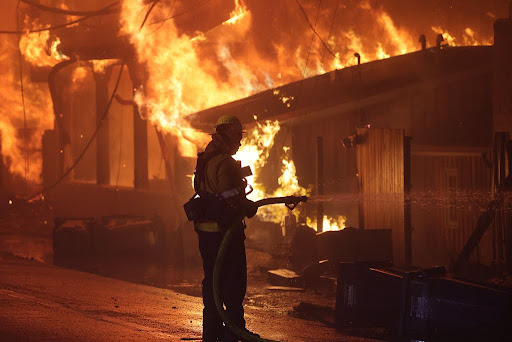Over forty years ago, the NJ Supreme Court enacted a law into the state constitution called the Mount Laurel Doctrine, mandating municipalities of New Jersey to provide their “fair-share” of affordable housing. Until recently, this legislation did not heavily impact our Mendham community. However, in January of 2024, S50/A4, an amendment to the Fair Housing Act, was introduced to streamline the intentions of the Mount Laurel Doctrine.
In October 2024, the Department of Community Affairs released the requirements based on early numbers. The Borough has successfully reduced these obligations to 124 units. Even so, the state legislature and the Governor have “developed a high-density development scheme that rewards private builders for building affordable housing,” according to Mayor Kelly of Mendham Borough. This allows private developers to develop high-density market-rate housing at a 4 to 1 ratio (4 units for every 1 affordable unit) while selling the rest at a much higher value. Plans like such, combined with the state law, put much strain on the local environment, infrastructure, and “small-town” appeal.
In regard to the V-Fee development behind King’s Shopping Center, many residents are concerned about the environmental implications the new development will pose to the Raritan River. The Mendham Village Shopping Center sits atop the highest topographical spring of the Raritan River’s North Branch. The spring not only preserves wetlands, but also supplies drinking water to over 2 million New Jersey residents. This development may pose risks of increased stormwater runoff, contamination, and endangerment to the headwaters, wetlands, and species.
The Mendham Alliance for Preservation and Conservation (MAPC) has launched a lawsuit in an effort to challenge the approval for the 75-unit, 5-story complex. While unable to further comment on the pending litigation, Mayor Kelly explained, “We were surprised that Mendham Alliance for Preservation and Conservation, which is primarily based in Mendham Township, has filed this litigation…[it] will result in increased costs for the Borough to defend at the expense of our taxpayers.”
Another concern is the toll that developments such as this will have on our local infrastructure. Former Mayor of Mendham Borough, Mayor Glassner, expressed her concern, stating, “For our town size and roadways, the numbers are so big that we will not have the infrastructure to build all the housing units that we are being mandated to approve.” Infrastructure includes but is not limited to: schools, roadways, water availability, sewer systems, and public safety units.
Proper infrastructure to support this level of population growth in a small community takes decades to develop, which the current mandate does not allow for. Mayor Kelly raised his concerns, stating, “The new housing laws feel different from how New Jersey previously sought to solve housing problems. Now it seems that there is a loss of local control on how to manage development competently in order to properly plan for the future…We are simply not large enough to handle increased population demand and housing construction.”
Mendham Borough is a small town. Between a lack of land mass and needed infrastructure, Mendham Borough is not equipped for this density: roadways will become congested, schools will become overpopulated, and our taxes will be forced to be raised to accommodate supporting this growth.
Unfortunately, this law does not provide municipalities with much control. Ironically, it exempts bigger cities/municipalities such as Newark, Hoboken, Montclair, and Jersey City, which in turn leaves smaller communities like Mendham Borough with the burden of what would have been their allocated obligations. Mayor Kelly states, “Unfortunately, this puts a lot of pressure on desirable communities such as the Borough of Mendham and has put an overwhelming amount of costs and work on the Borough, including our employees and professionals…Due to this, the Borough is one of more than twenty participating municipalities challenging the exemptions and allocation of these obligations in a case entitled Montvale v. State of New Jersey.”
Another concern associated with this development is the effect on the “small-town” feel. Former Mayor Glassner emphasized that “In [federal historic zones], they are supposed to comply with the Historic Preservation Commission’s recommendations for look and material types. Unfortunately, this is not as enforceable as we would all like it to be.”
Many of these developments, such as that of the V-Fee project, are tall, massive structures that may harm the character of such a historical town. Mayor Kelly states, “I have lived in Mendham Borough my whole life, 65 years growing up on Main Street and have been through a lot of change…That growth was challenging, but over time was accepted,” suggesting that while growth is hard at first, it may be necessary for the future. Furthermore, Mayor Kelly emphasizes that, “At the same time, housing and rent prices have soared over the last decade…Everyone should be able to have access to safe, decent, affordable housing in the community of their choice. That is a good thing. But the difficulty has been, and will continue to be, how to come to a solution without destroying our precious environmental and historic resources, or straining public resources and infrastructure.”
This law offers many opportunities for newcomers and gives people the opportunity to flourish in such an amazing community. Despite the many concerns raised by residents, many people cannot deny the fact that providing affordable-income housing is both important and necessary. Development can offer new perspectives and can contribute to necessary growth. However, the question is how to do this without immense environmental consequences, infrastructure stress, and disruption of the communities already built.
All of these concerns have sparked the “Save Mendham” movement. This movement is in accordance with the MAPC. Signs have increasingly popped up around town, demonstrating push–back. Mayor Kelly urges our young voters to “become informed about the candidates and their stance on the issues and challenges that our local communities are now faced with…your vote counts.”
In regard to future developments, residents can attend a public hearing that will be held after the Borough’s Fourth Round Housing Element and Fair Share Plan is published. For more information regarding the V-Fee project, visit savemendham.org. Mayor Kelly concluded by saying, “Honestly, looking beyond our own backyards, ask yourselves how this is going to impact everyone in small communities that simply do not have the funding and staffing to be able to meet these new and ever-increasing demands.”








